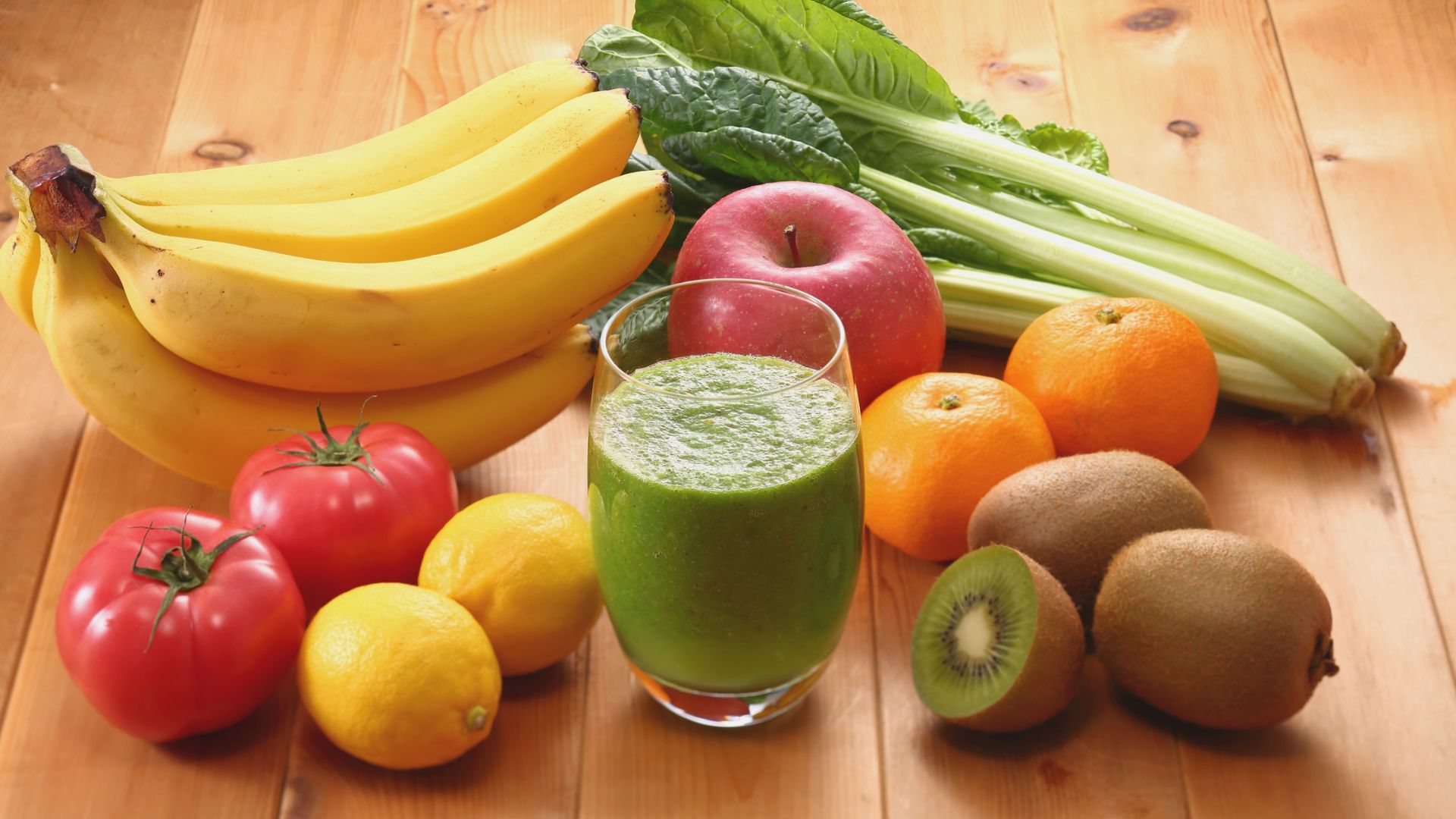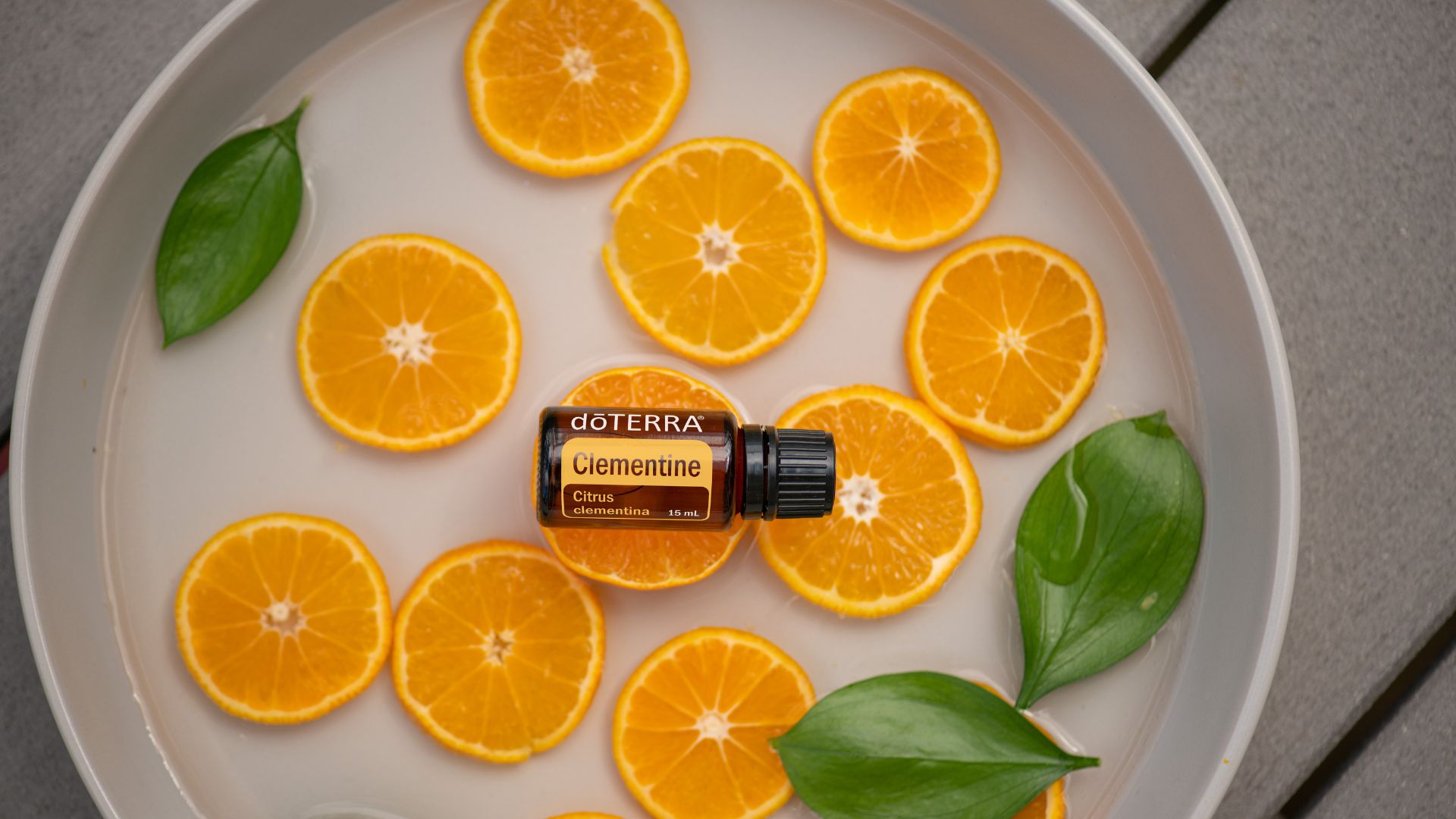Oxidation is a mechanism that occurs not only during elaboration of oils but also within the human body. Reactions which cause the formation of free radicals (peroxidizing agents), constantly happen in the human body. Generally, these free radicals do not cause significant damage, thanks to the protective action of antioxidant substances that help, to some extent, to maintain a balance. However, breaking this equilibrium causes a phenomenon of “oxidative stress” which eventually alter the normal function of the cell or lead to cell death.
Oxidation is a complex and fundamental phenomenon in cellular aging process. Lipid peroxidation tends to be proportional to the amount of double bonds existing in a compound. Oleic acid having only one double bond, it is unlikely to oxidate.
Cell membranes are characterized by high fat and cholesterol. Their composition depends on the diet. When the diet is rich in olive oil, they deteriorate less quickly and age more slowly.
Olive oil is composed of about 1.5% of an unsaponifiable fraction consisting of antioxidants and other minor compounds found in greater proportion in virgin olive oil.
Antioxidants are vitamin E (alpha-tocopherol), carotenoids and phenolic compounds (simple phenols such as hydroxytyrosol and complex phenols such as oleuropein) whose activity was verified in vitro and in vivo, which revealed new positive effects of antioxidants in the prevention of certain diseases and aging.
The phenolic content of the olive oil varies according to climate, crop type, degree of ripeness of the olives, production techniques and conservation methods. Phenols have many biological functions: hydroxytyrosol inhibits platelet aggregation and anti-inflammatory action, and oleuropein encourages the formation of nitric oxide, a potent vasodilator agent, that has a protective and antibacterial effect on blood vessels.
According to a team of researchers from the Monell Center, olive oil contains an anti-inflammatory agent, called oleocanthal, also found in ibuprofen.
This agent might even help explain the merits generally attributed to the Mediterranean diet, rich in olive oil. It strengthens other cells of the body to the toxic action of oxidants. Its high antioxidant content appears to contribute significantly to the effect that the Mediterranean diet has on life expectancy.
Olive oil is the only oil produced directly from fruit, it retains many of these substances, antioxidants and vitamins, which gives it an added nutritional value.
This richness in antioxidants is probably due to the fact that the olive, which is a fruit exposed to air, is forced to defend itself against oxygen and therefore must synthesize a larger amount of antioxidants, which are found later in the extarcted oil.
Virgin olive oil, which suffered neither refining or industrial processing, is particularly rich in these substances; she then has a strong antioxidant and protective action against cell injury by free radicals and against cancer formation.
In a study performed on 2,300 women, researchers from two public health schools (Harvard and Athens) found that women who consumed olive oil more than once per day had a lower risk of cancer breast, around 25% lower, than other women using the oil less frequently. The death rate from breast cancer is much lower in Greece than in the US. This protection of olive oil against cancer, probably due to the wealth of oil in polyphenols and vitamin E.
Olive oil is a classic to relieve liver, pancreas and gallbladder problems.







